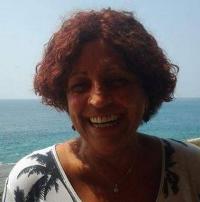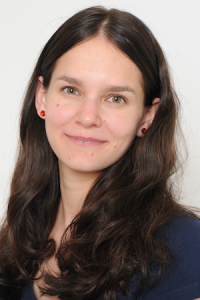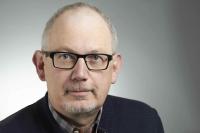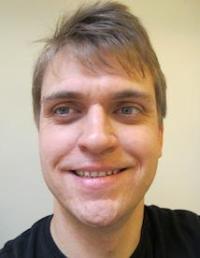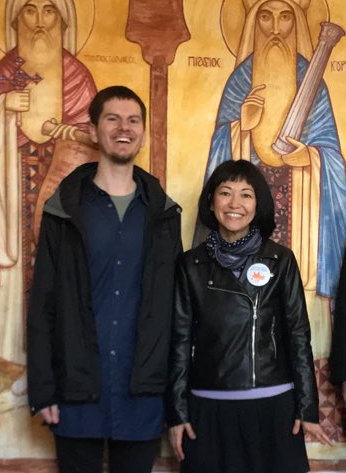 Studying Coptic can be a lonely affair: there are only a handful of places in the world with ongoing projects devoted to Coptic studies, places where scholars and students can work not in pairs or small groups, but teams. One such place is Göttingen, Germany where the Digital Edition of the Coptic Old Testament project finds its home. Knowing that traveling to Göttingen would afford me a unique opportunity to immerse myself in a pool of Coptic expertise, I applied for a mobility grant from ATTR (Authoritative Texts and their Reception), an international research school funded by the Norwegian Research Council and of which I am a member. After receiving a generous grant, on September 1st, 2018, my wife and I flew from Oslo to Frankfurt and then took a train to Göttingen.
Studying Coptic can be a lonely affair: there are only a handful of places in the world with ongoing projects devoted to Coptic studies, places where scholars and students can work not in pairs or small groups, but teams. One such place is Göttingen, Germany where the Digital Edition of the Coptic Old Testament project finds its home. Knowing that traveling to Göttingen would afford me a unique opportunity to immerse myself in a pool of Coptic expertise, I applied for a mobility grant from ATTR (Authoritative Texts and their Reception), an international research school funded by the Norwegian Research Council and of which I am a member. After receiving a generous grant, on September 1st, 2018, my wife and I flew from Oslo to Frankfurt and then took a train to Göttingen.
Our two-month stay only disappointed by feeling too short. Göttingen is a beautiful and historic city with buildings relatively untouched by the destruction of the Second World War. While there, we were treated with warm hospitality: the Chair of the Steering Board, Heike Behlmer, before our arrival and despite being busy, arranged for us accommodation; upon arrival, Malte Rosenau, one of the project staff members, kindly picked us up from the train station; and on our last day, the project staff gathered to listen to me present part of my project and then threw us a farewell party. Our reception in the interim period was no different from these acts of kindness at the beginning and the end.
Germany academia is sometimes stereotyped as being stuffy and formal, but at Lagarde-Haus – the headquarters of the Digital Edition of the Coptic Old Testament project – the atmosphere is informal, friendly, and even playful, but without sacrificing academic excellence and intellectual rigor. Serious conversations about Coptic linguistics or manuscript studies are often continued over lunch, coffee, and/or after-work beers.
Being around so many expert Coptologists on a daily basis was invaluable for my own research into Coptic manuscripts dating from the Fāṭimid period and associated with Esna and Edfu. If I had a question about a specific manuscript or manuscript feature, I could, for example, walk into the next room and ask Alin Suciu. Questions about scribal practices could be answered down the hall in Chrysi Kotsifou’s office. Information about Coptic liturgy was no farther away than Diliana Atanassova’s desk, and Malte Rosenau and So Miyagawa were, among other things, great help with anything computer or software related. It was also during my time in Göttingen that I participated in the Summer School in Coptic Literature and Manuscript Production in Hamburg (discussed elsewhere on this blog by Joanna Hypszer) with Göttingen project members Alin, Diliana, Frank Feder, Heike, Malte, Joanna, and So Miyagawa, along with many other graduate students and researchers from around the world.
Readers paying attention to last names may have noticed another felicitous feature of the project in Göttingen: it is, in miniature, a model of the international nature of modern research. Regular project staff and collaborators include those from Belgium, Bulgaria, Germany, Greece, Japan, Poland, Romania, and the United States. The languages spoken by the staff are even more, including Latin which, unlike most academics who can only read it, Julian Delhez can actually speak fluently.
Also deserving of thanks for their friendship and conversation during September and October, are project members Ulrich Schmid, Troy Griffitts, Uwe-Karsten Plisch, Suzana Hodak, and Theresa Kohl. As the world of Coptology is small, I have faith that I will see all my Göttingen colleagues again and look forward to doing so!
 Blogs
Blogs  Recent Bloggers
Recent Bloggers 
